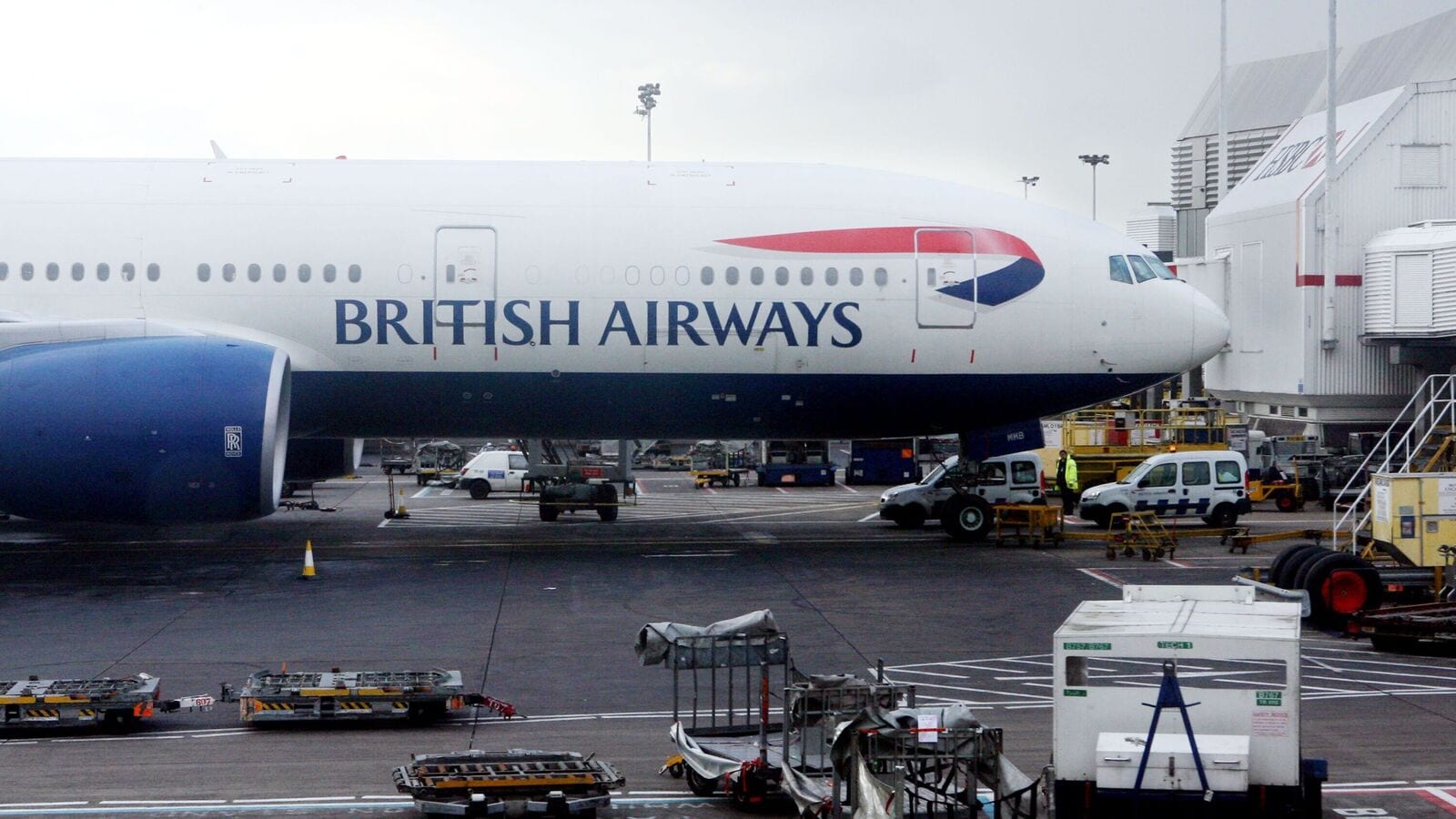Top global airlines including Emirates, Lufthansa and British Airways were in for a shock when India’s tax authorities demanded a collective ₹10,000 crore earlier this year, prompting an international travel body to caution that India’s complex tax laws may spark an exodus by foreign operators.
On Monday, the Goods and Services Tax (GST) Council will take up the issue, along with proposals to provide tax relief for certain helicopter services, work related to software exporters such as Infosys Ltd, and core research by private enterprises, two people aware of the development said.
The federal indirect tax body, to be chaired by Union finance minister Nirmala Sitharaman, will consider a proposal to exempt overseas headquartered airlines’ reimbursement of expenses incurred by their Indian branch office from the purview of GST, one of the two people cited above said. The International Air Transport Association (IATA) had said last month that the tax notices were ‘flawed’, and not in line with global conventions in aviation.
The Council is also expected to issue clarifications on helicopter services for religious purposes to aid service providers. At present, a concessional 5% GST applies to helicopter services for religious tours without credit for taxes paid on goods and services used in the service. The Council may consider a proposal to make the tax regime easier for the service providers, the person said on the condition of anonymity.
Relief on research
The Council will also consider a proposal to offer tax relief for private sector players conducting core research and development activities which have no existing commercial application, a second person said on the condition of anonymity.
“At present, such core research projects undertaken by government agencies for the general advancement of science do not attract GST, but some questions were raised about the taxability of such projects carried out by the private sector. The Council is expected to bring out a clarification to the effect that such research by both public and private entities will be treated at par,” said the person.
Abhishek Jain, indirect tax head and partner at KPMG said that several industries are looking forward to the GST Council meeting for potential relief related to ongoing investigations. “It will be noteworthy to see if these clarifications resolve the investigations.”
In the case of life and health insurance schemes which attract 18% GST, a panel of central and state officials (called fitment committee) could not arrive at a consensus on the quantum of rate cut at a recent meeting, said the first person quoted above. At Monday’s meeting, the Council will take into account suggestions on the issue from state finance ministers.
“A decision on the extent of rate reduction—whether to bring it down to 12%, 5% or whether premiums be exempt from GST, will hinge on how much revenue states may be willing to forgo,” said the person. Earlier, transport minister Nitin Gadkari had written to minister Sitharaman seeking withdrawal of 18% GST on life and medical insurance premiums.
Populist and practical
The reduction in the tax rate on health insurance services is not just a populist move, but also a practical step to curb high taxes on essential services, said Abhishek A. Rastogi, founder of law firm Rastogi Chambers.
“However, this reduction should be implemented before the sunset clause of the anti-profiteering provisions to ensure the rate benefit is passed on to policyholders,” said Rastogi, who has argued on several cases relating to anti-profiteering. Rastogi also said the expected clarification regarding transactions between the branch and head office in the airline sector will offer tax certainty and help reduce frivolous litigation. Rastogi said several foreign airlines operating in India are national carriers, and the Indian government’s consistent goal has been to establish a strong tax framework in collaboration with international counterparts.
The Council is also expected to clarify on the taxability of payments made by companies like software exporters to their overseas branches. Mint had reported on 13 August that the Council will consider clarifications on the tax issues faced by software exporters and foreign airlines in India.
Infosys is now contesting a tax notice sent by the Directorate General of GST Intelligence (DGGI) on the reimbursement of expenses by its Indian head office to its overseas branches. The issue is whether this constitutes payment for services rendered by the overseas arm and attracts Integrated GST.
The GST Council will also review the status of the study done on GST rate rationalization, but a final decision on this is not expected immediately given the complexities involved.

